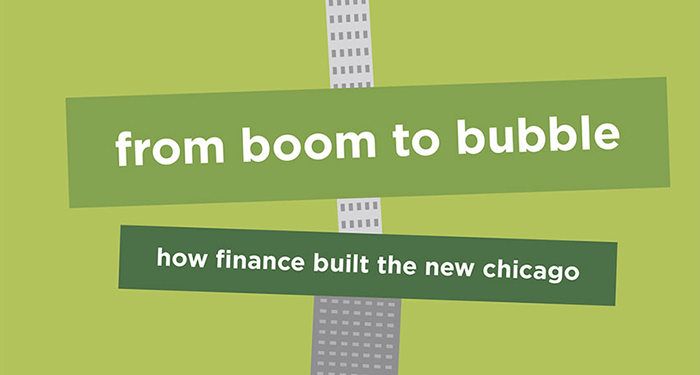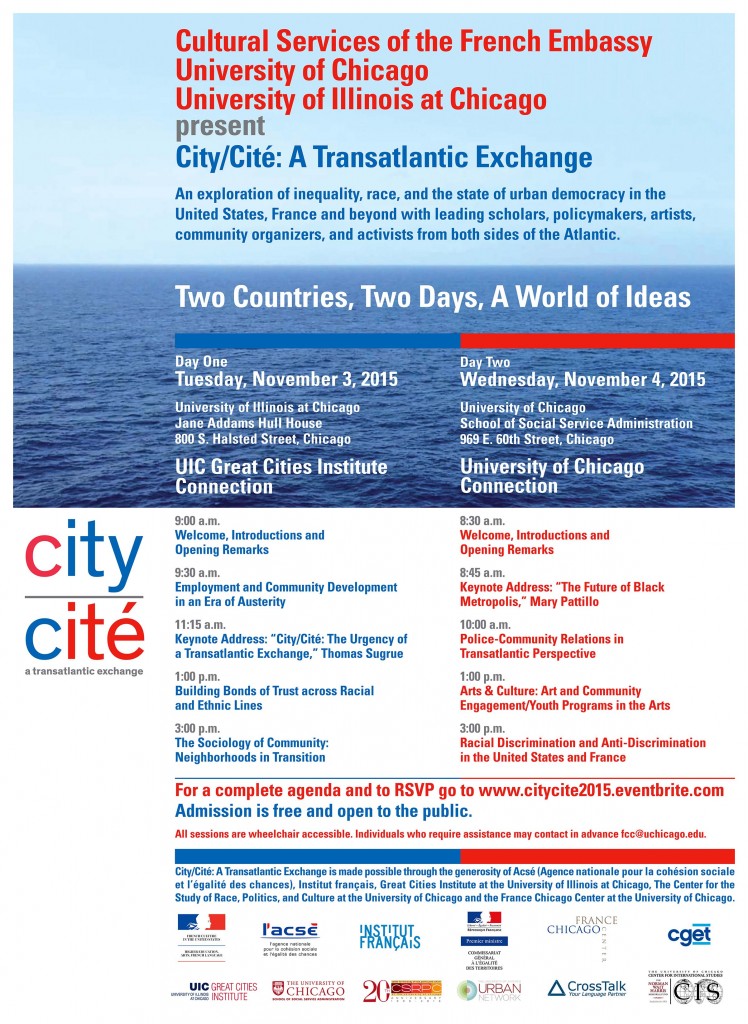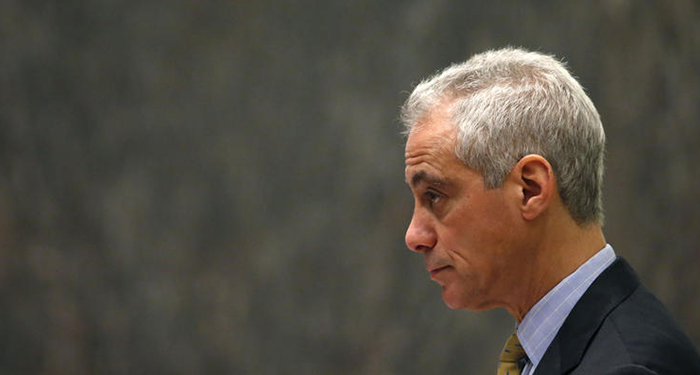
GCI Fellow and Professor of Urban Planning and Policy Rachel Weber’s newest book, From Boom to Bubble: How Finance Built the New Chicago, was recently published. Joel Rast, University of Wisconsin-Milwaukee, says “Weber gives us a compelling book that cements her reputation as one of the top urban planners in the field of urban political economy. Her sophisticated and nuanced understanding of complex systems like global finance and real estate markets is conveyed easily and accessibly to those both inside and outside of academia. From Boom to Bubble is a major contribution, one that will most certainly be widely read and discussed for years to come.”











